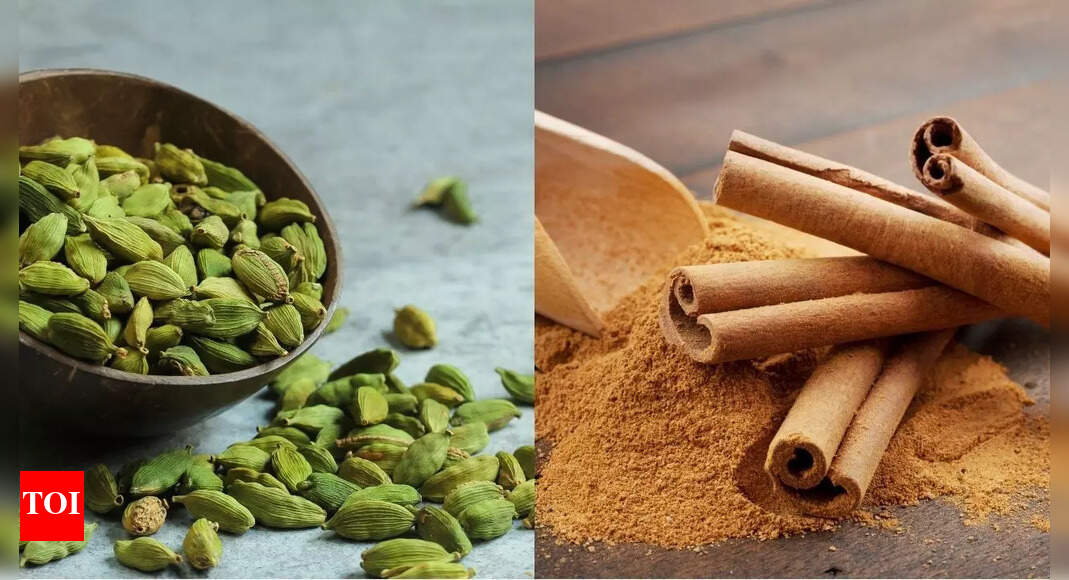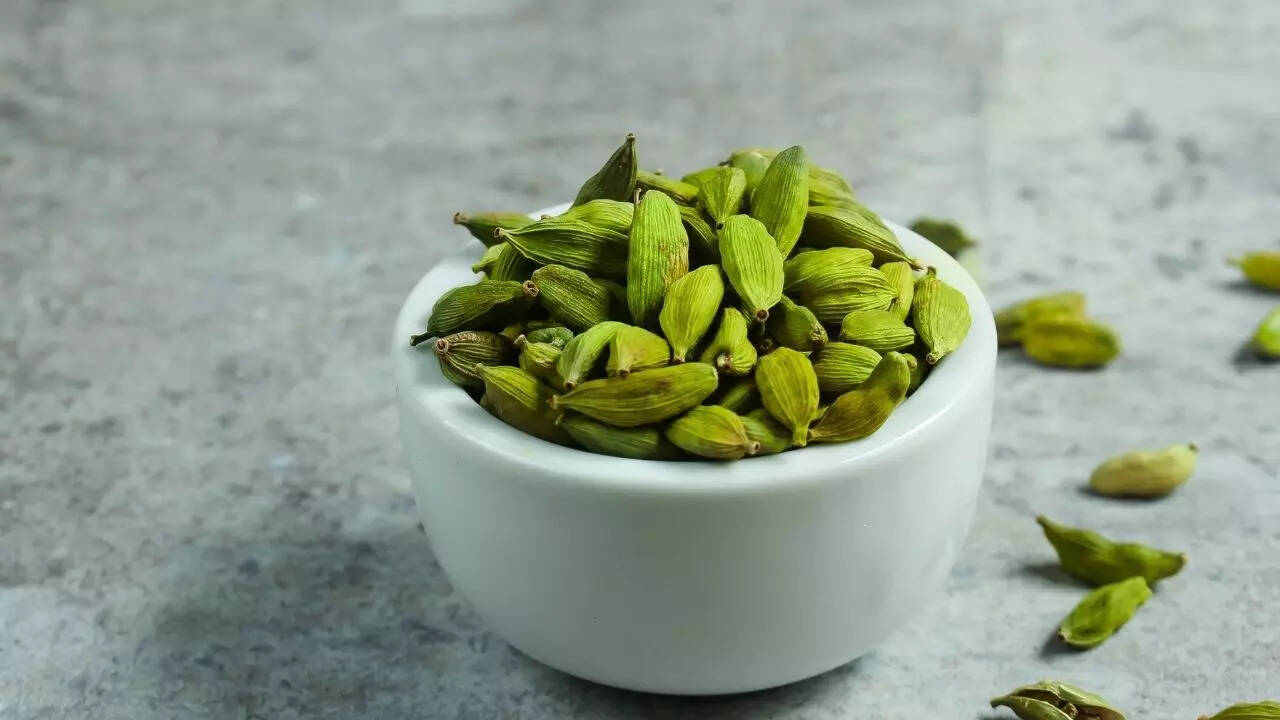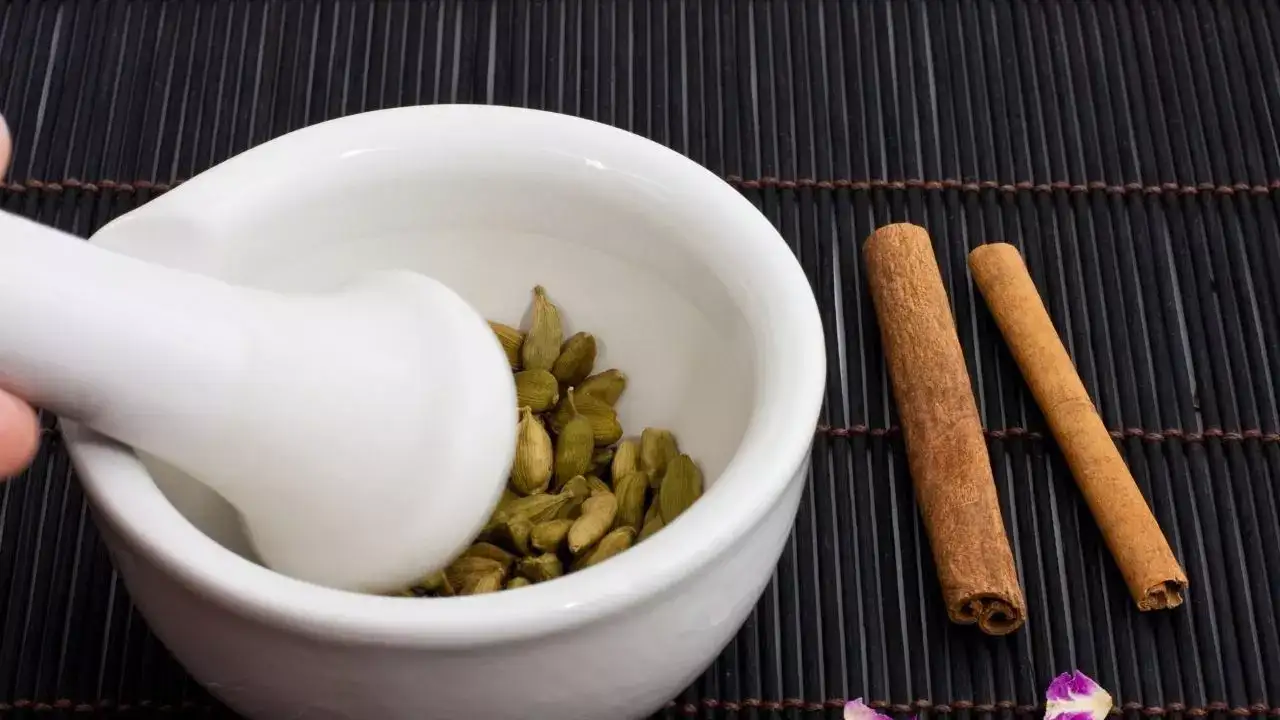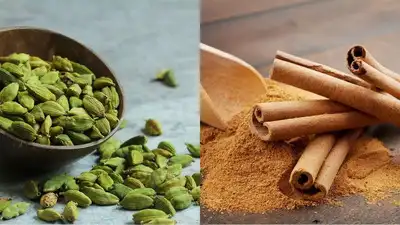
Cardamom and cinnamon are two powerful spices loaded with health benefits and essential nutrients. Used in both sweet and savory dishes, these aromatic spices have long histories in traditional medicine. Cardamom is known for improving digestion, oral health, and reducing inflammation, while cinnamon is celebrated for its role in blood sugar control, heart health, and anti-inflammatory effects. Both are rich in antioxidants and possess antimicrobial properties. When comparing cardamom vs cinnamon for health, the better choice often depends on your specific needs. Including these spices in a balanced diet can naturally support overall wellness and promote long-term health benefits.
Understanding the nutritional components and health benefits of cardamom and cinnamon
Cardamom is a fragrant spice derived from the seeds of plants belonging to the ginger family. Known as the “queen of spices,” cardamom has a sweet, aromatic flavour that makes it popular in both sweet and savoury dishes. Cardamom is rich in antioxidants, vitamins like vitamin C, and minerals such as calcium, potassium, and magnesium. It also contains compounds with antimicrobial and anti-inflammatory properties. Cinnamon comes from the inner bark of trees in the genus Cinnamomum and has a warm, sweet, and slightly spicy flavour. It’s widely used in cooking and baking, as well as in traditional medicine, especially for its potential to regulate blood sugar, reduce inflammation, and improve heart health. Cinnamon is packed with antioxidants, particularly polyphenols, which protect the body from oxidative damage.
How cardamom boosts digestive, oral, and respiratory health naturally

- Digestive health: Cardamom helps relieve indigestion, gas, and bloating by stimulating digestive enzymes.
- Oral health: Its antimicrobial properties fight bacteria in the mouth, reducing bad breath and promoting oral hygiene.
- Anti-inflammatory effects: Cardamom’s compounds can reduce inflammation, which may help prevent chronic diseases.
- Respiratory health: Traditionally, cardamom has been used to relieve coughs, asthma, and bronchitis symptoms.
- Blood pressure regulation: Some studies suggest cardamom may help lower blood pressure thanks to its diuretic effects.
Cinnamon benefits: Blood sugar control, heart health, and more

- Blood sugar control: Cinnamon is well-known for improving insulin sensitivity and lowering blood sugar levels, which is beneficial for people with type 2 diabetes.
- Heart health: It can lower LDL (bad) cholesterol and triglycerides while raising HDL (good) cholesterol, supporting cardiovascular health.
- Anti-inflammatory properties: Cinnamon’s active compounds help reduce inflammation throughout the body.
- Antimicrobial activity: It fights various bacteria, fungi, and viruses, helping to prevent infections.
- Cognitive health: Research suggests cinnamon may protect brain cells and improve memory and cognitive function.
Potential risks and precautions of cardamom and cinnamon
CardamomCardamom is generally safe when consumed in typical dietary amounts. However, large doses might cause allergic reactions in some people, such as skin irritation or gastrointestinal discomfort.CinnamonCinnamon contains coumarin, a compound that can be toxic to the liver if consumed in excess, especially in the common Cassia variety. Ceylon cinnamon has much lower coumarin levels and is safer for regular use. People with liver disease or those on blood-thinning medication should be cautious with cinnamon intake.
Which is healthier: Cardamom or cinnamon?
Both spices offer unique health benefits, and the choice depends on your specific health goals:
- For blood sugar regulation and diabetes management, cinnamon is the preferred spice.
- For digestive issues and oral health, cardamom might be more beneficial.
- For anti-inflammatory and antioxidant effects, both spices are excellent choices.
- If you have liver concerns, cardamom or Ceylon cinnamon are safer options than Cassia cinnamon.
Incorporating both spices into your diet in moderation can provide a range of health benefits without significant risks.
How to use cardamom and cinnamon

- Add cardamom pods or ground cardamom to teas, curries, rice dishes, and baked goods.
- Sprinkle cinnamon powder on oatmeal, yogurt, smoothies, or coffee.
- Use Ceylon cinnamon if you plan to consume cinnamon regularly to minimise coumarin intake.
Also read | Coriander leaves: The powerful herb for inflammation, anxiety and blood sugar control








